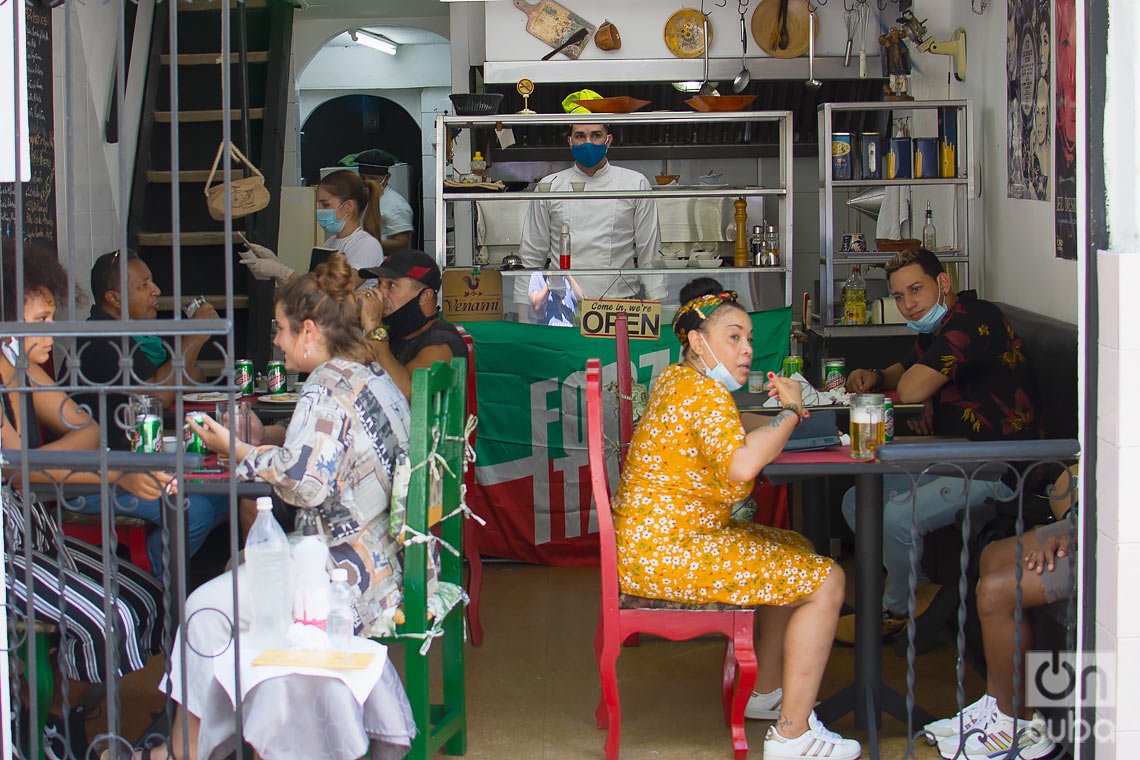The Ministry of Economy and Planning (MEP) of Cuba approved this Thursday 119 new applications for the creation of micro, small and medium enterprises (MSMEs), which brought the number of new actors in the economy authorized to operate to 3,192.
Through a note posted on your websitethe MEP reported that of the enterprises now approved, 117 are private and one corresponds to the non-agricultural cooperative modality.
In this sense, of the almost 3,200 authorizations delivered to date, 3,093 are private, 51 state-owned and 50 are non-agricultural cooperatives. The agency added in its report that 56% of these companies are reconversions of businesses that already existed, and the rest correspond to new initiatives.
The agency also specifies that 114 of the new forms of management approved are part of local development projects, 36 have previously carried out export operations and 11 are incubated in the Science and Technology Park of Havana.
MEP experts consider that as a whole, these initiatives could generate 51,619 new jobs.
The Government decided to authorize the emergence of MSMEs in the midst of a deep crisis, aggravated in recent years by the COVID-19 pandemic and the United States embargo. This step came a decade after the Communist Party of Cuba (PCC) began to handle the possibility of assuming new forms of management in an extremely centralized economy.
In Cuba these companies can be state-owned, private or mixed and are recognized as economic units with legal personality with their own characteristics. For now, they share the national economic scene with the socialist state company —the main one for the government—, non-agricultural cooperatives and self-employment (autonomous).
Cuba: new rule approved for leasing state premises to new economic actors
The legislation allows them to have one or more partners, to be constituted as commercial companies and to be classified depending on the number of employed persons as: micro-enterprise, whose range of employed persons is from one to 10 persons; small business, from 11 to 35; and medium-sized company, from 36 to 100 people.
The authorizations to create Mipymes and cooperatives include activities related to accommodation, beauty services, food production, manufacturing, information technology, logistics and transportation activities, among others. However, there is no possibility of access to strategic spheres for the State such as health, telecommunications, defense or the press.
















